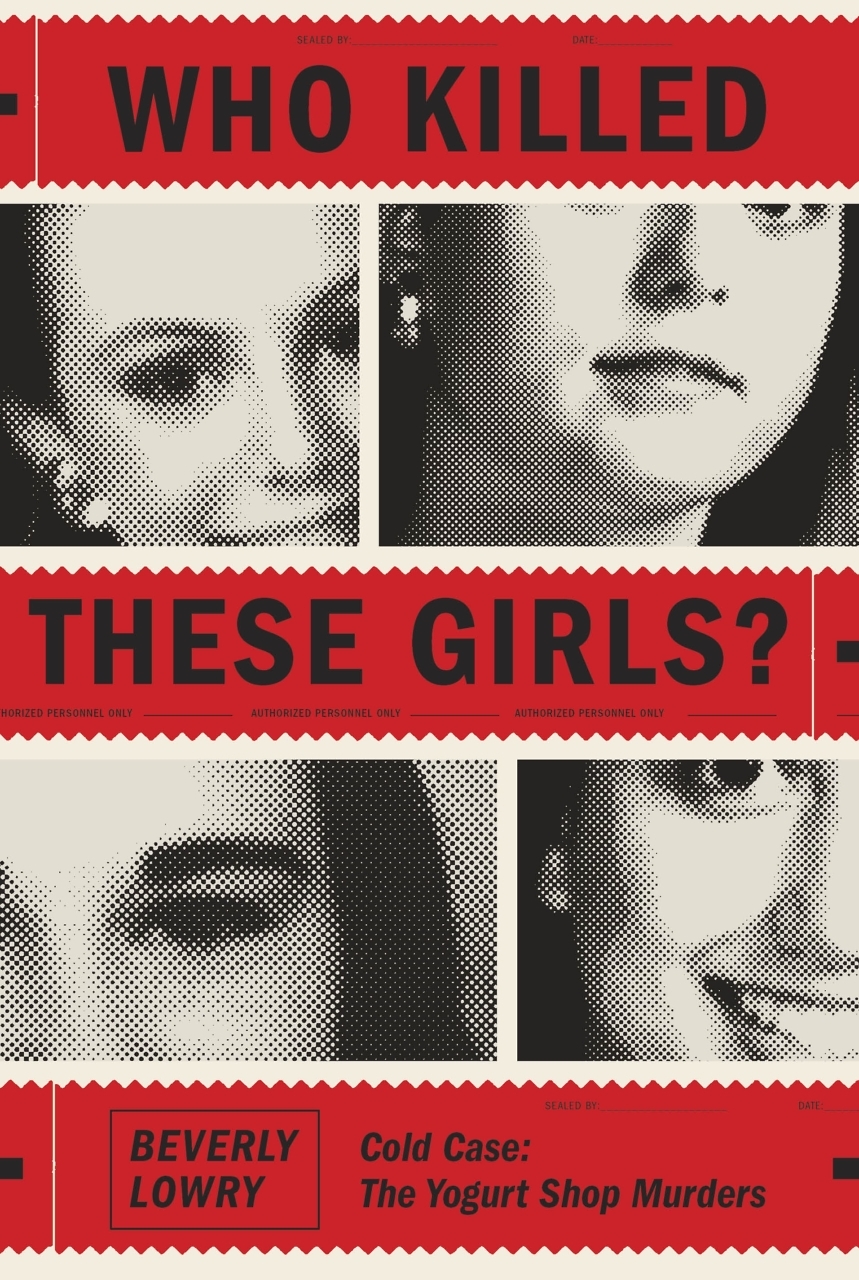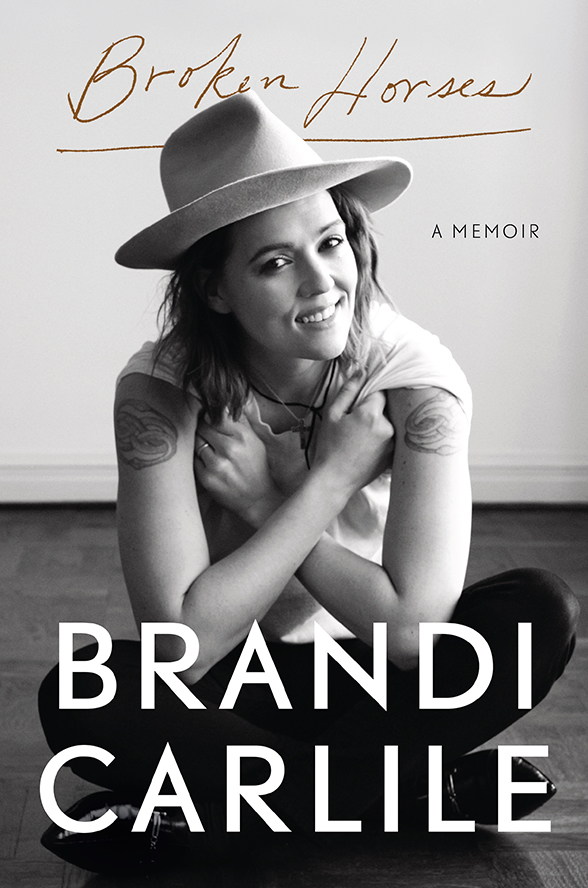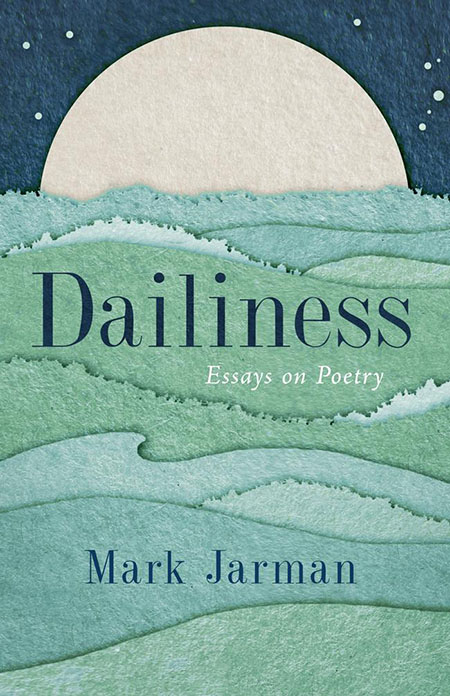Beauty, Joy, and Struggle
Nate Marshall surveys his Chicago youth in his debut poetry collection, Wild Hundreds
For his powerful debut poetry collection, Wild Hundreds, Vanderbilt alum Nate Marshall chose a fitting epigraph from James Baldwin. “You don’t ever leave home,” it reads in part. “You take home with you.” Wild Hundreds is all about Marshall’s own home, considered in many moods, from celebratory to angry to mournful. The poet is from Chicago’s far South Side, specifically a region south of 100th Street that has become known, thanks to increasing gang activity, as “the Wild Hundreds.” This area, miles and worlds away from the city’s gleaming skyscrapers and tourist attractions, is a troubled place, but Marshall’s poems capture the beauty and joy—the life—that exists there along with the struggle.
 There is plenty of struggle in these poems, a substantial dose of death and sorrow delivered in language that is both elegant and direct. “Out south” begins with frank violence:
There is plenty of struggle in these poems, a substantial dose of death and sorrow delivered in language that is both elegant and direct. “Out south” begins with frank violence:
in Chicago kids are beaten. they crack
open; they’re pavement. they don’t fight, they die.
The poem becomes a quick, brutal sketch of what it means to live surrounded by such violence, where “news gushes from Mom’s mouth like schoolboy blood” and “every kid that’s killed is one less free lunch.” On a very different note, “landing” is a sort of semi-fond recollection of taking a beating, hoping assailants “will only tap-dance on your hands, break / something that might heal.” It’s a cruel scene, but Marshall takes it unexpectedly toward nostalgia, saying that “this time 5 years from now you will miss / all of this.”
Part of the genius of Marshall’s work is that, as in “landing,” he rarely takes a poem exactly where you expect him to, and yet his turns don’t feel forced. He’s not so much defying expectations as transcending them, and the result feels deeply honest, as well as original. One of the most interesting formal poems in the collection, a sestina called “Pallbearers,” opens with the line “Dom, Kenny, Shaun, Bart, & I were close as a coffin”—an ominous beginning if ever there was one. But the story here is not one of violence or early death. “Pallbearers” is a tribute to the love of friends through life’s inevitable trials, including the passing of elders. The undercurrent of sorrow is chiefly about the end of youth, not the end of life.
 The dominant emotion of these poems is love, unquestionably. The word itself crops up often enough, but the feeling is present in nearly every verse, one way or another. In “repetition & repetition &,” it’s a defiant attachment to a treasured, imperfect community: “baby we are wild. / we are 1. / we are love.” “Granddaddy was the neighborhood” is a loving, warts-and-all family history, a tribute to the man who “moved deep South Side in the sixties / when whitefolks was still there.”
The dominant emotion of these poems is love, unquestionably. The word itself crops up often enough, but the feeling is present in nearly every verse, one way or another. In “repetition & repetition &,” it’s a defiant attachment to a treasured, imperfect community: “baby we are wild. / we are 1. / we are love.” “Granddaddy was the neighborhood” is a loving, warts-and-all family history, a tribute to the man who “moved deep South Side in the sixties / when whitefolks was still there.”
More trivial love can be found in the collection, too. There’s a trio of poems about Harold’s Chicken Shack restaurants—a South Side institution that has always been a source of pride as a successful, black-owned enterprise. “Harold’s Chicken Shack #1” is an appreciation of the chain’s founder: “1st defense against food deserts. / when the whitefolk wouldn’t sling / us burgers you gave no fuck.”
All the poems in Wild Hundreds have great energy and clarity. Rooted deeply in a particular place and set of experiences, they’re nevertheless welcoming and accessible. There’s a generosity in Marshall’s voice, even at its most justifiably angry and uncompromising, that invites the reader to enter his world fully. The poems are never written from a distant or defensive stance, and thus they deliver a sense of intimacy and possibility. “Ours is a long love song” is the collection’s final line, and it seems to suggest, with wounded but hopeful inclusiveness, that the song of the Wild Hundreds is a song that belongs to us all.

Maria Browning is a fifth-generation Tennessean who grew up in Erin and Nashville. A graduate of Mount Holyoke College, she has attended the Clothesline School of Writing in Chicago, the Moss Workshop with Richard Bausch at the University of Memphis, and the Sewanee Writers’ Conference. She lives in White Bluff.


